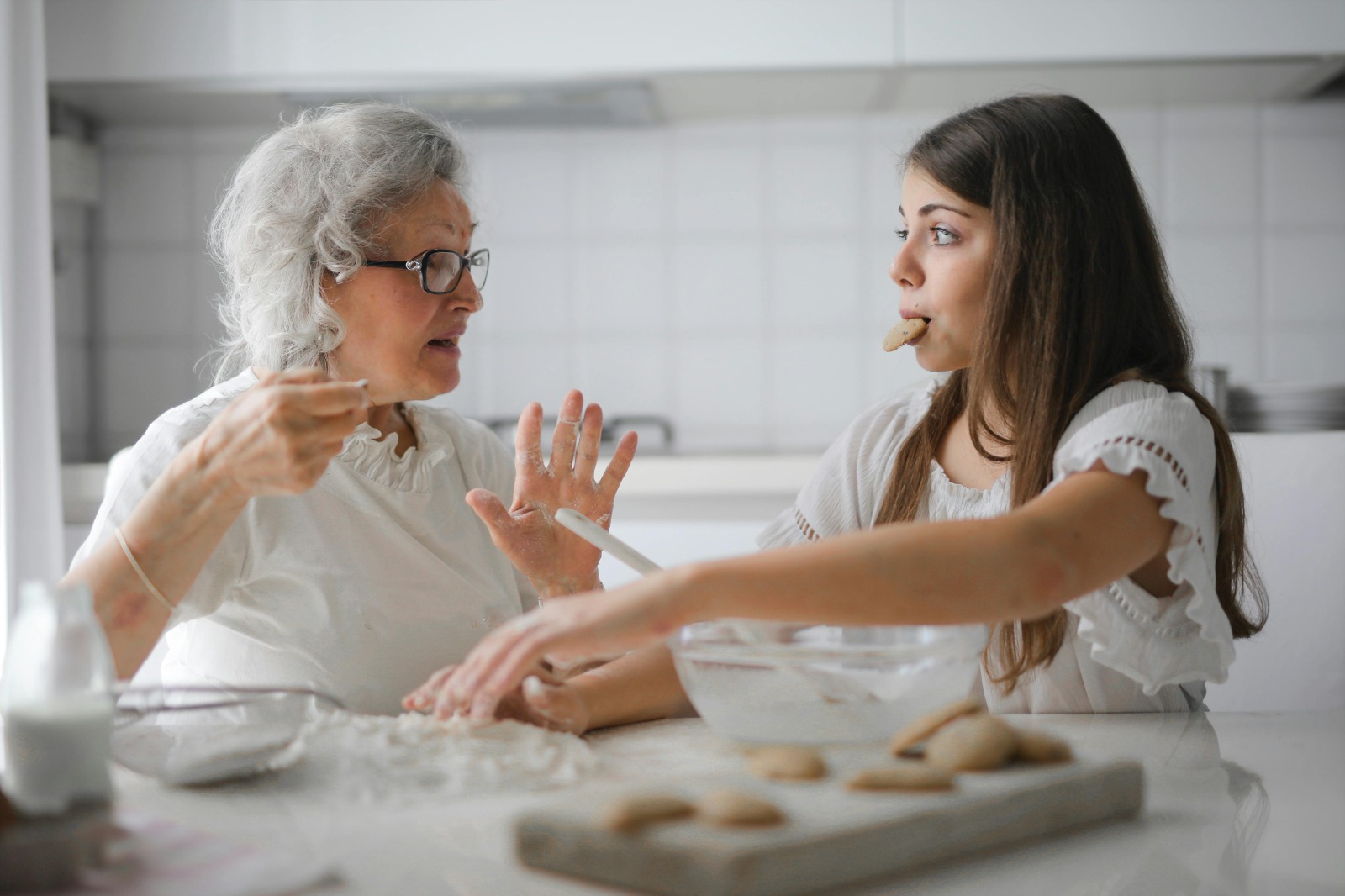Caring for aging loved ones can be both rewarding and challenging. Many families struggle to provide the level of attention and support required for elderly family members. At A Place At Home, we understand the importance of offering compassionate and professional Elderly Home Care that enhances the quality of life for seniors while providing peace of mind for their families.
Understanding Elderly Home Care
Elderly home care refers to professional services provided to seniors who require assistance with daily living activities. These services may include personal care, medication management, meal preparation, companionship, and support for mobility or chronic conditions. Choosing the right elderly home care ensures that seniors receive the attention they need while remaining safely in their familiar home environment.
Benefits of Professional Elderly Home Care
Professional elderly home care offers numerous benefits for both seniors and their families. Seniors receive personalized care tailored to their individual needs, promoting independence and dignity. Families gain reassurance knowing that trained caregivers are available to handle daily tasks and monitor their loved ones’ health. Elderly home care also reduces the risk of accidents, improves emotional well-being, and allows families to maintain balance in their personal and professional lives.
Personalized Care Plans
One of the most critical aspects of quality elderly home care is the creation of personalized care plans. Each senior has unique requirements based on their health, lifestyle, and preferences. Caregivers work closely with families to design plans that provide the necessary support while encouraging independence. Personalized care plans ensure that seniors receive consistent, high-quality elderly home care that adapts to their changing needs over time.
Types of Services in Elderly Home Care
Elderly home care encompasses a wide range of services. These include personal hygiene assistance, meal preparation, medication reminders, light housekeeping, and transportation. In addition, companionship and social engagement are crucial components that prevent isolation and promote mental well-being. Specialized services, such as dementia care or post-surgery assistance, are also available to address specific medical needs.
Choosing the Right Elderly Home Care Provider
Selecting the right elderly home care provider is essential for ensuring safety and quality of care. Families should look for agencies with experienced caregivers, thorough background checks, and positive testimonials. A reputable provider will offer flexible scheduling, emergency support, and ongoing communication with family members. By choosing a trusted provider, families can ensure that their loved ones receive consistent, compassionate elderly home care.
The Role of Compassion in Elderly Home Care
Compassion is a cornerstone of elderly home care. Beyond completing tasks, caregivers build meaningful relationships with seniors, providing emotional support and companionship. This human connection significantly enhances seniors’ quality of life and fosters a sense of belonging and security. Caregivers trained in compassionate care can respond to both physical and emotional needs, ensuring a holistic approach to elderly home care.
Supporting Families Through Elderly Home Care
Families often face emotional and physical challenges when caring for elderly loved ones. Professional elderly home care relieves stress by sharing responsibilities with trained caregivers. Families gain the freedom to focus on quality time and meaningful interactions rather than daily caregiving tasks. This support is especially vital for families balancing work, personal obligations, and caregiving duties.
Maintaining Health and Well-Being
Quality elderly home care not only addresses daily needs but also promotes overall health and well-being. Caregivers monitor nutrition, physical activity, and medication adherence, reducing the risk of health complications. Mental health is equally prioritized through social interaction, hobbies, and engagement in stimulating activities. By maintaining a holistic approach, elderly home care contributes to a longer, happier, and healthier life for seniors.
Flexibility and Adaptability in Care
Elderly home care must be flexible and adaptable to meet evolving needs. As seniors age or experience changes in health, care plans must be adjusted accordingly. Professional caregivers continually assess and modify support strategies to ensure that seniors receive appropriate care at every stage. This adaptability ensures that families can rely on consistent, high-quality elderly home care regardless of circumstances.
Cost-Effective and Practical Solution
Home-based elderly care is often a more cost-effective solution compared to assisted living or nursing facilities. Families can choose services based on their budget and the specific needs of their loved ones. By investing in quality elderly home care, families benefit from personalized attention and a comfortable environment for seniors while managing expenses effectively.
Building Trust in Elderly Home Care
Trust is fundamental in elderly home care. Families must feel confident that caregivers are reliable, skilled, and committed to the well-being of their loved ones. Agencies that prioritize transparency, training, and communication build strong trust with families. This trust allows seniors to thrive in a secure and supportive environment.
Conclusion
Providing quality elderly home care is essential for supporting families and ensuring the well-being of seniors. At A Place At Home, we are dedicated to offering compassionate, professional, and personalized care that enhances the lives of elderly individuals while providing peace of mind for their families. By choosing reliable elderly home care, families can focus on meaningful connections and create a nurturing environment where seniors feel safe, respected, and valued.



